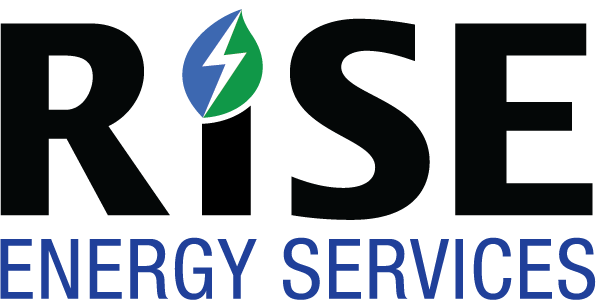Carbon Offsets
What are they?
Carbon offsets exist in both voluntary markets and under mandatory or compliance programs. Voluntary carbon markets (VCM) are the mechanism for non-state entities to contribute to global GHG reductions beyond those required for compliance purposes.
Compliance markets generally apply under the 2015 Paris Climate Accord, where signatories are required to prepare, communicate and maintain successive nationally determined contributions (NDCs) to the reduction of national emissions of GHGs. Compliance obligations may also exist at the sub-national level, like a multi-state region (RGGI).
In general, corporate entities would be transacting in the voluntary carbon markets and use one of the leading Carbon Standards to ensure the credibility of the claim.
What are Carbon Verification Standards and Registries?
Caron Standards ensure, at a minimum, that the reduction is real, additional, verifiable, and permanent. Some standards include requirements beyond emission reductions, or co-benefits, related to sustainable development goals. The United Nations has published 17 Sustainable Development Goals that promote some of these co-benefits to emission reduction projects, like conserving vital ecosystems, supporting local job creation and protecting bio-diversity.
Carbon registries are where the emission reduction units or credits are held once created. The registries provide a tracking service that facilitates the exchange and retirement of the credits. So, project sponsors can sell those offsets to entities seeking to claim the reduction and the claiming entity would be the one to retire the offset to ensure the benefit is only claimed once.
What are the primary benefits of using Carbon Offsets?
Carbon offsets can be a very economical way of achieving corporate emission reduction goals. Current prices for some projects can be as low as $3-$5 t/CO2e, although demand for voluntary carbon offsets is expected to grow by 5-10x over the next decade which should put upward pressure on prices. (source: Trove Research “Future Demand, Supply and Prices for Voluntary Carbon Credits – Keeping the Balance”)
The voluntary market for carbon offsets was 95 million tonnes CO2e in 2020. There is supply of credits from a variety of projects and source countries to meet incremental demand currently. With total anticipated demand rising closer to 400 MtCO2e by 2030, prices will need to rise to closer to $10 t/CO2e to meet demand.
Carbon offsets offer a practical solution to the most stubborn portions of the corporate emission portfolio. For example, even for companies purchasing 100% renewable power, undertaking energy efficiency initiatives and meeting some portion of their heating, process or transportation fuel requirements with renewable natural gas; there still will be some Scope 2 or 3 emissions left unabated. Carbon offsets provide a practical path to NetZero goal attainment.
Finally, because there are several standards in use, corporations can align with projects and standards that support their specific corporate mission. Poverty reduction or protecting fragile ecosystems are examples.
